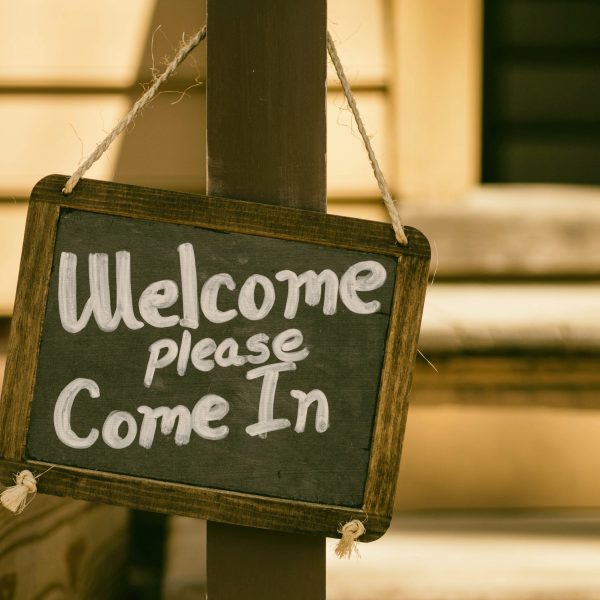Uniting shares information about reconciliation efforts

Early childhood education and care (ECEC) provider Uniting has shared information about how it supports children to learn more about First Nations culture in a bid to provide awareness, advance reconciliation and teach children about diversity and inclusion.
Each service incorporates First Nations learning in its own unique way, with all ECEC professionals working with Uniting committed to teaching Australia’s future leaders about First Nations peoples, in a way that includes and represents their local community.
Historically significant occasions such as Sorry Day and NAIDOC Week are commemorated at Uniting preschools, and each Uniting preschool has a sign at the front door welcoming First Nations peoples and acknowledging the land that the preschool is on.
For Vicki Geach, Director at Uniting Preschool Adamstown Heights, the journey of teaching children about First Nations peoples is continuously evolving.
“At our centre, an Aboriginal elder visits weekly and works on different projects with the children,” she explained.
“Recently, our Elder taught the children how to weave small circles which were combined to create a beautiful fish. It’s something that can forever be added to, which is beautiful.”
The service also makes an effort to weave First Nations perspectives into everyday activities.
“When we do fire drills and evacuations, we talk about good fires and bad fires, and then about how First Nations peoples used fires to care for the land,” Ms Geach explained.
“We also talk about the significance of native animals and plants. We have a beehive that has native, stingless bees – so the children get to learn about how that would have been, and still is, a medicine source for Aboriginal people.”
Her perspective is that young children “are naturally open-minded” making early childhood the best time to educate them about inclusion and individuality.
“To get a voice heard, you start with the youngest citizens because they are the ones that have not been moulded to become racist or judgemental. They are at a prime age to be learning to become social justice advocates in the future.”
“When we do our Acknowledgement of Country, we say it verbally and in sign language, for greater inclusion. We also talk about respect, caring for the environment, and how we can do that every day.”
This learning is traveling home too, with one grandfather taking the time to connect with the service, thanking them for the knowledge they had shared with their grandchild, which had travelled back home.
He also shared a story from his granddaughter’s recent visit to her grandmother in Taree, where she declared, “Grandma, you need to welcome me onto your country!”
“If one five-year-old can make a significant impact, imagine what the future could look like,” Ms Geach said.
Popular

Practice
Quality
Research
The transformative power of affection: How nurturing care shapes early childhood development in Guatemala
2026-01-07 07:00:56
by Fiona Alston

Quality
Practice
Research
Crayola Creativity Week 2026 launches as research highlights strong link between creativity and confidence
2026-01-06 07:00:35
by Contributed Content

Research
New study finds social dominance preferences emerge in early childhood
2026-01-06 07:30:50
by Fiona Alston














